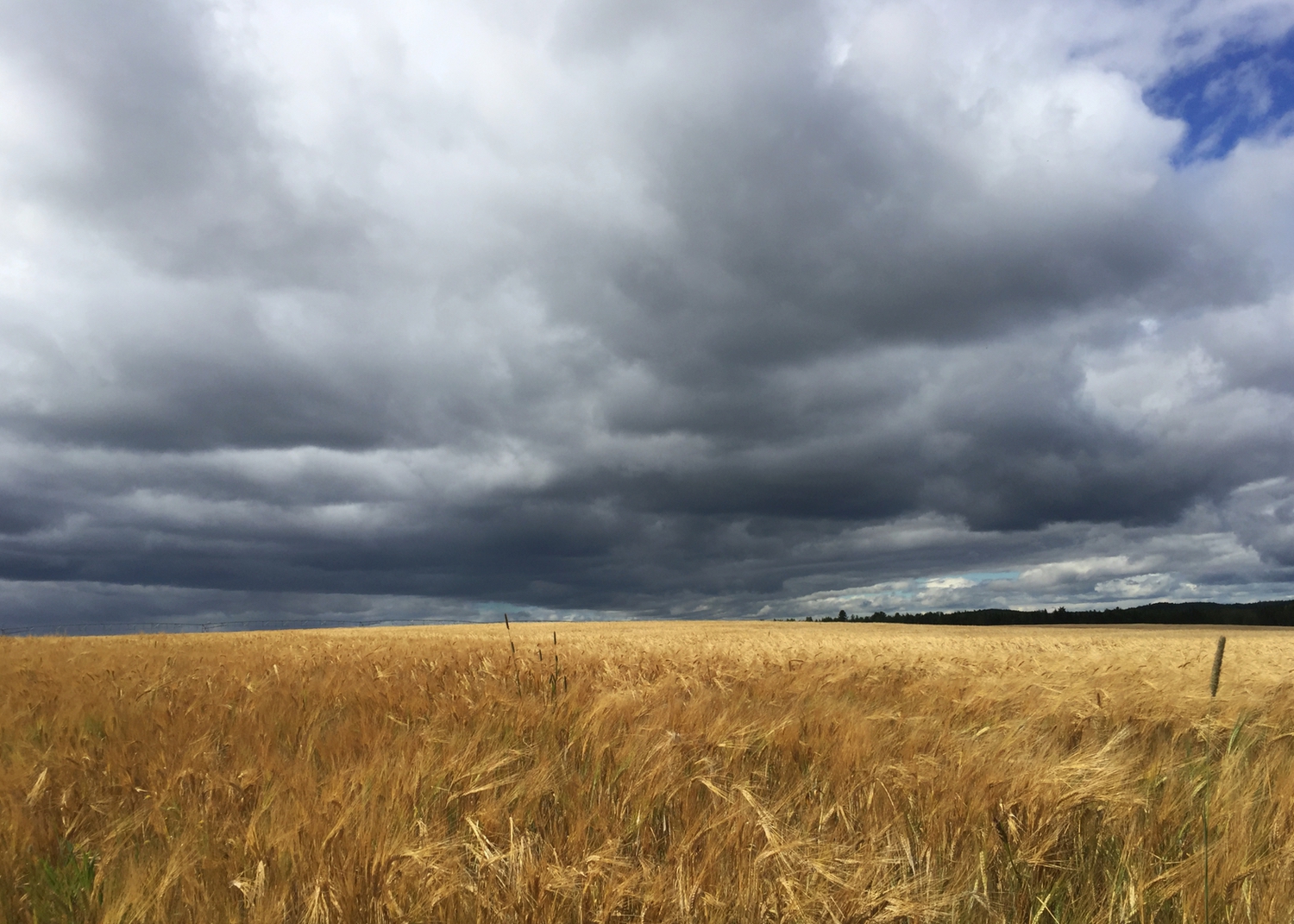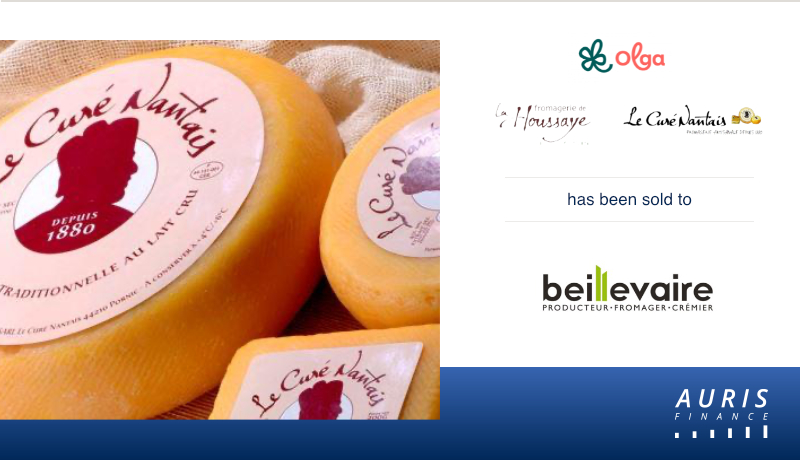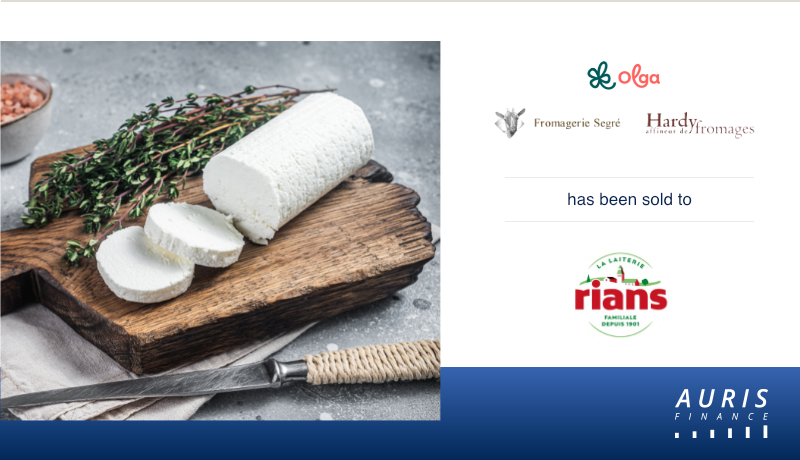

Russia’s offensive against Ukraine has had a profound impact on the geopolitical and trade balance in Europe. Commodity prices are already soaring, including gas, oil, wheat and maize. The price of nitrogen fertilisers is also on the rise. These increases are bound to have an impact on the French agri-food industry, and may well continue to do so in the long term. AURIS finance experts provide an analysis.
On 26 February 2022, on the second day of Russia’s offensive against Ukraine, French President Emmanuel Macron opened the 58th Salon International de l’Agriculture (SIA). “War has returned to Europe (…). This war will last (…). What we are witnessing will not be without consequences for the world of agriculture and your industries,” he warned at the time. Since then, the conflicts in Ukraine have intensified and the first effects on the activities of livestock breeders, farmers, and agri-food professionals operating in France have become apparent.
Soaring commodity prices
The first impact of the conflict: pressure on commodity prices. Gas prices soared, while agricultural commodity prices hit record highs; Russia is – to date – the world’s leading exporter of wheat, while Ukraine is a major producer of wheat (5th largest exporter in the world), maize (4th largest exporter in the world), and barley (3rd largest exporter in the world). The end of trade with Russia and the failure of the Ukrainian harvest have reduced supply and put pressure on prices. At the beginning of March, a tonne of common wheat was trading at around €400, up from €240 a month earlier. Similarly, fertiliser is now trading at high prices. The price of nitrogen fertiliser manufactured from natural gas has more than doubled since the start of the war.
A cascading effect from producers to consumers
The first to be hit by this price explosion are farmers and livestock breeders, who see the price of inputs rise. This increase is then passed on in selling prices, first to intermediaries and then to the final consumer. As a result, the entire French agri-food industry is affected, with production costs rising sharply. In order to absorb these increases in production costs, consumer prices will have to rise, but at the same time producers and the food processing industry will undoubtedly have to reduce their margins.
Longer-term implications
With the conflict now deadlocked, world trade has to find a new balance. For those in the agri-food sector who have traded with Russia or Ukraine, either buying raw materials or selling processed products, the impact has been immediate and massive. The soaring cost of raw materials is affecting the entire industry, which is having to redefine its relationships with suppliers and buyers.
Tailor-made expertise
In these particularly turbulent times, it is more important than ever for companies to rely on the advice of qualified experts. AURIS Finance has a team of specialists with many years of experience in the agri-food sector. Whether you are planning to sell or buy a company, AURIS Finance experts are at your side.


